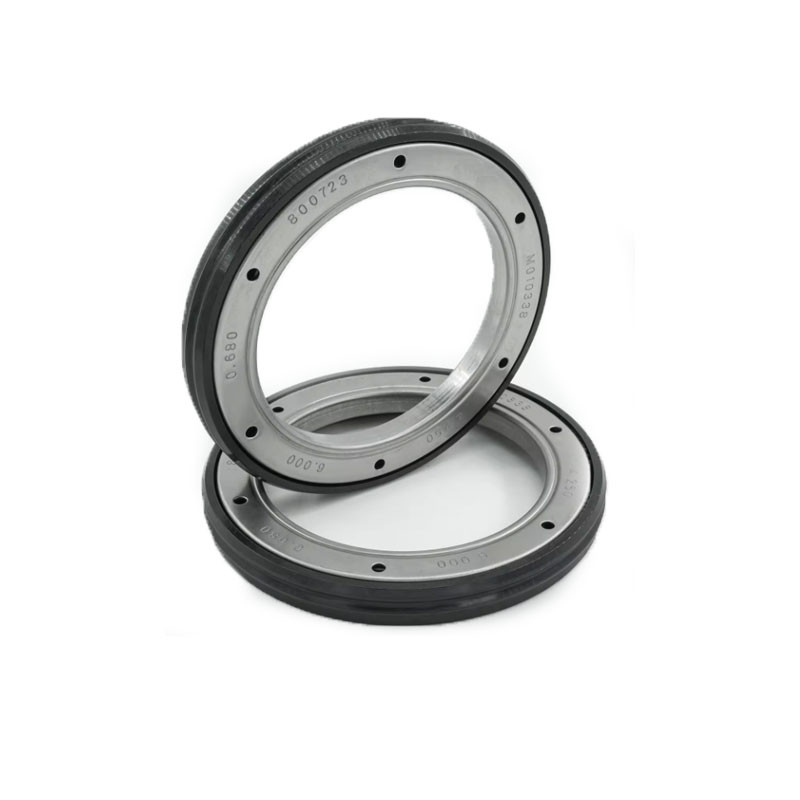best gasket material for oil pan
The Best Gasket Material for Oil Pan A Comprehensive Guide
When it comes to maintaining your vehicle's engine health, selecting the right gasket material for the oil pan is crucial. The oil pan gasket plays a significant role by sealing the oil pan to the engine block, preventing leaks and ensuring proper oil circulation. Over the years, various gasket materials have been developed to cater to different engine types and operating conditions. Here, we explore the best gasket materials for oil pans, their advantages, and considerations for choosing the right one for your needs.
Common Gasket Materials
1. Rubber and Silicone Gaskets Rubber and silicone gaskets are among the most common materials used for oil pan sealing. Silicone gaskets offer excellent resistance to heat, oil, and various chemicals, making them ideal for high-performance applications. They maintain their flexibility and create a tight seal, which is crucial for preventing leaks. Rubber gaskets, while effective, may not withstand high temperatures as well as silicone. However, they are often more affordable and suitable for standard applications.
2. Cork Gaskets Cork gaskets are traditional choices for oil pans, particularly in older vehicles. They are made from natural cork material and can provide an adequate seal when properly installed. Cork gaskets tend to compress over time and may require replacement more frequently than rubber or silicone gaskets. Additionally, they may absorb oil, which can degrade their sealing ability. While they are suitable for some applications, they are generally being phased out in favor of more modern materials.
3. Composite Gaskets Composite gaskets often combine several materials to enhance performance. They typically consist of a fiber-reinforced core covered with rubber or silicone. These gaskets offer superior strength, flexibility, and resistance to high temperatures and pressures. They are becoming increasingly popular due to their durability and effectiveness in preventing leaks, making them a great option for both performance and everyday vehicles.
best gasket material for oil pan

4. Metal Gaskets For high-performance engines where maximum sealing and temperature resistance are vital, metal gaskets are often used. Common metals utilized include aluminum, stainless steel, or copper. Metal gaskets provide exceptional durability and can withstand extreme temperatures and pressurized environments. However, they require precise installation and may need additional sealing solutions, such as gasket sealants or coatings, to ensure a proper seal.
Choosing the Right Material
Selecting the best gasket material for your oil pan depends on several factors, including the engine type, operating conditions, and personal preferences. Here are some tips to help you decide
- Consider Engine Temperature If you have a high-performance engine that runs at elevated temperatures, silicone or metal gaskets are likely the best choices. - Evaluate Your Driving Conditions If your vehicle frequently encounters rough roads or heavy loads, opt for durable materials like composite or metal gaskets that can withstand such conditions. - Budget Considerations Rubber gaskets can be more cost-effective for standard applications, whereas silicone, composite, and metal gaskets might require a larger investment upfront but can save money in maintenance and replacement costs over the long run.
In conclusion, the choice of gasket material for your oil pan significantly affects your engine's performance and longevity. By understanding the various materials available and their respective benefits, you can make an informed decision that meets both your needs and budget. Always ensure proper installation and consult with professionals if you're uncertain about the best option for your vehicle.
-
Understanding Oil Drain Plugs: Types, Issues, and Replacements
News Jun.26,2025
-
Understanding Nylon Drain Plug Washers: A Flexible Solution for Leak-Free Oil Changes
News Jun.26,2025
-
The Importance of the Drain Plug Washer: Everything You Need to Know About Crush Washers
News Jun.26,2025
-
The Essential Guide to Oil Drain Plug Washers: Types, Uses, and Replacements
News Jun.26,2025
-
How to Identify and Fix Common Engine Oil Leaks
News Jun.26,2025
-
Choosing the Right Crush Washer: A Guide to M14 and M18 Aluminum Drain Plug Washers
News Jun.26,2025
-
Why Crush Washers Matter: The Small Seal That Keeps Oil In and Problems Out
News Jun.25,2025
Products categories















